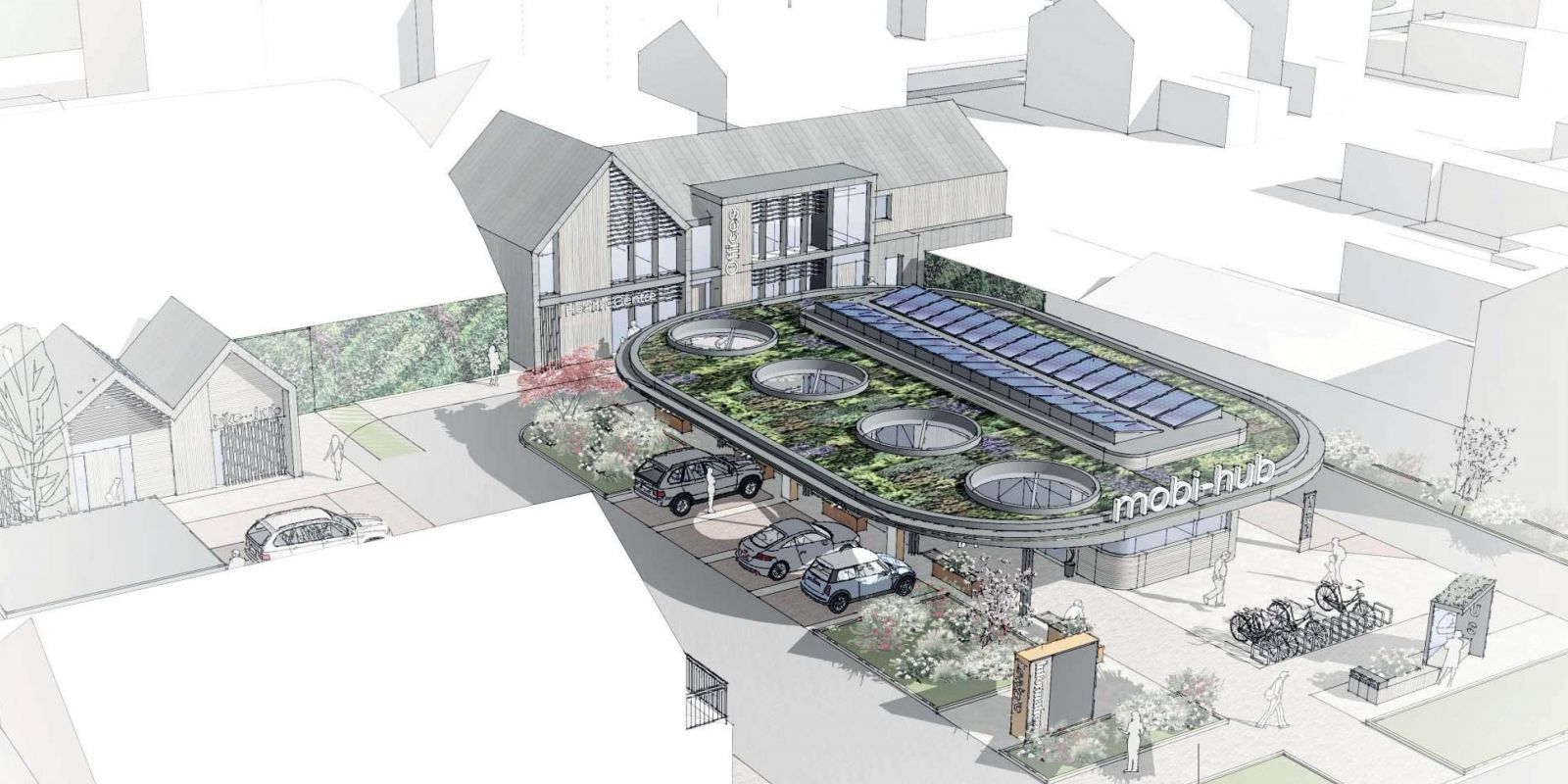Transport body Midlands Connect has launched a rural mobility competition inviting businesses to put forward ideas that could help solve the social, environmental and economic issues caused by poor connectivity in rural areas.
A list of specialist private companies and consultancies have been asked to submit commercially-viable mobility solutions that could be deployed in rural communities across the Midlands. These could include demand-responsive transport or online applications allowing residents to access electric scooters, bicycle hire, buses and taxis in the click of a button.
Up to four of the best proposals will be awarded £10,000, allowing chosen firms to further develop their ideas alongside local authorities, academic institutions and third-sector organisations to understand how their ideas could be practically delivered.
Should a suitable idea come forward, one organisation will then be selected as the ‘winner’ and awarded up to £100,000 to fully develop plans for its rural mobility hub pilot. If successful, Midlands Connect hope this model could be used more widely across the region to drive innovation and improve rural mobility for our communities. The winner will be announced in summer 2022.
The facts:
- Analysis suggests that rural communities are roughly twice as far from essential amenities and services via walking and public transport that those living in urban areas.
- This includes hospitals, which are an average of 66 minutes away compared to 36 minutes in urban areas, secondary schools (31 minutes vs 16 minutes), GP surgeries (23 minutes vs 11 minutes) and town centres (17 minutes vs 34 minutes).
- Rural areas also suffer from lower productivity, with productivity per job 17% below the UK average.
- In addition, rural areas are 56% less likely to be social mobility ‘hot spots’ than urban areas – meaning that children born into poverty are less likely to do well at school and get a good job.
By improving access to education, healthcare and employment opportunities, it’s hoped these transport solutions will address these difficulties.
Chris Baron, Chair of the Connected Coast Town Deal Board for Mablethorpe and Skegness, said: “The Connected Coast Board has welcomed the opportunity to work with Midlands Connect, focusing on improving transport and connectivity as a priority of the Town Deal Board. We were delighted to be selected as one of four challenge areas and have worked alongside Midlands Connect to develop a competition that will help tackle and overcome rural connectivity needs.
"The challenge is focused on the needs of the communities on the Lincolnshire Coast, which are among the 10% most deprived areas in terms of healthcare outcomes. Access to healthcare services and facilities and better access to high quality education facilities and services are two of the set challenges, and the third is focused on embracing the needs of the visitors to improve the overall connectivity needs of residents in both towns all year in a way that reduces carbon emissions.
"The competition winner will be provided with additional funding and support to deliver a regional demonstrator, and we are eager to see this connect with our other Towns Fund projects, particularly those focused on improving health and access to learning.”
Maria Machancoses, Chief Executive of Midlands Connect, said: “This competition and the solutions it creates have the potential to change people’s lives, whether it be supporting a graduate to access better employment opportunities, allowing a parent to earn a higher education qualification or an elderly member of the community needing to travel to a medical appointment.
“Rural communities contribute a huge amount to the Midlands economy, it’s really important that we address the unique challenges these areas have and give local people the tools they need to succeed. With radical changes in transport expected over the next decade, we must act now to harness the benefits of emerging new technologies. Owning a car should not be a prerequisite to a full and enjoyable life, this competition will look at how we can improve mobility in isolated areas, and if successful this model could be rolled out region wide.”


